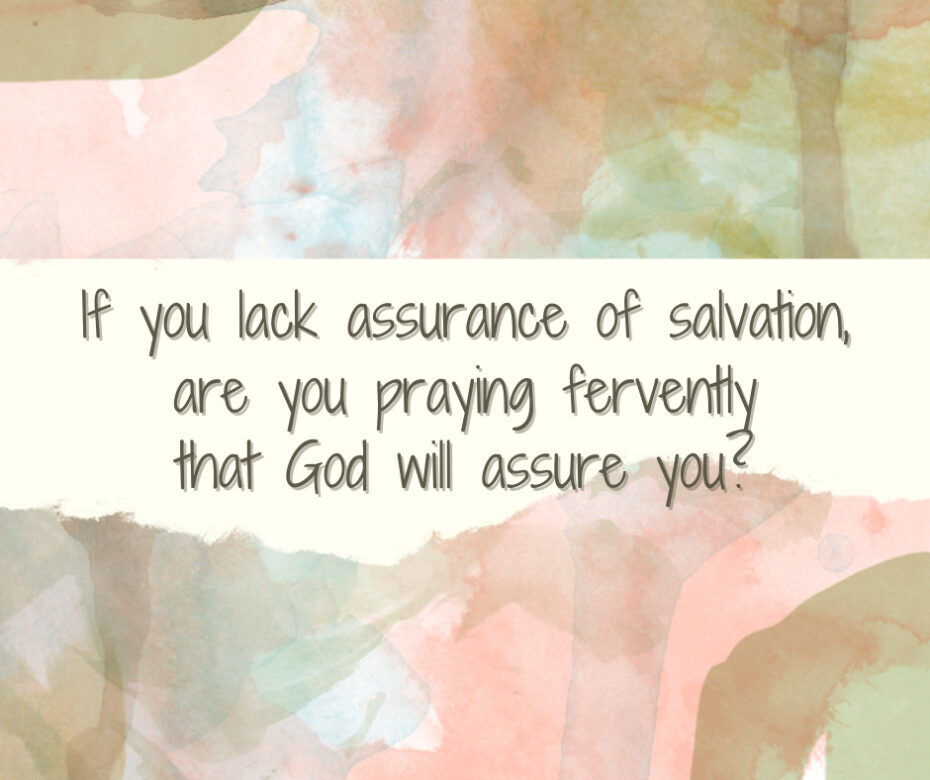William asks a great question:
If you look into those who are considered the early church fathers and what the early church believed, you find some things that go against the free grace view. For example, they believed certain things such as having to maintain one’s salvation, and that repenting from sins is, in fact, needed. These quotes can be found in sources such as Scroll Publishing.
I lack assurance of salvation, and I worry my views are off. Could you tell me why we should disagree with the early church writings that have different views than the free grace view?
There are several layers to my answer.
First, the narrow way leads to life, and few find it (Matt 7:13-14). That is true even within organizations and institutions that claim to be Christian and even during the first five centuries. We know that the apostles battled people who preached false gospels (e.g., Gal 1:6-9).
Second, even before the time of the church fathers, the vast majority of Israel rejected Jesus during and after His earthly life (John 1:11). These were people with high Messianic expectations. Yet they believed in works salvation (John 5:39-40; 6:28-29).
Third, eternal security is clearly taught in Scripture (e.g., John 3:16; 5:24; 6:35-47; 11:25-27). Yet the church fathers rejected eternal security; they did not believe that absolutely fundamental truth.
Fourth, the church fathers lacked assurance. William, who at this point agrees with them, also lacks assurance of salvation. If he wants to be sure of his eternal destiny, he needs to prayerfully consider whether the church fathers were wrong.
Fifth, the church fathers were off on many doctrines. They taught the perpetual virginity of Mary, infant baptism, baptismal regeneration, loss of salvation if we fall away, martyrdom as a means of everlasting life, works salvation, and many other false doctrines. We should not assume that those who wrote about church doctrine during the second through fifth centuries were consistent with apostolic teaching. Yes, they were closer in time to the apostles than we are. But that proves nothing. When we compare their writings with Scripture, we see that they sound like Roman Catholics and Orthodox. They certainly do not sound like the Reformers.
Here is a hint for all who lack assurance: If the people you read and listen to lack assurance of salvation, it is time to read and listen instead to those who have assurance of salvation. If your view of the saving message is wrong, you should be willing for God to change your thinking (John 5:39-40).


